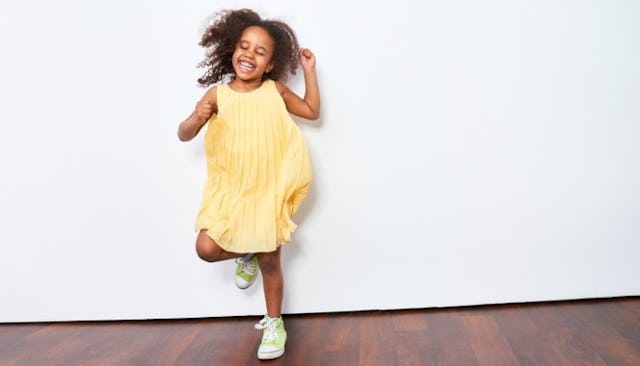Millennials: We Need To Stop Parenting To Perfection

“I would rather children dance than take a test.”
That was the answer I gave to a prospective parent who came to tour the school I head. Ours is a school for children with complex challenges — children who do not find easy success in mainstream classrooms — so rightfully, parents come here armed with many questions.
This mother wanted to know how we test students and monitor their progress. My response was meant to convey my philosophy on the matter, which is:
If you think education is an endeavor in which we should measure every time we cut, you are not going to be happy here.
I was not trying to dismiss her question, as it is a common one among parents today. Instead, I wanted her to understand that I believe learning is about much more than academic scores — something I fear is getting lost in our current educational system.
Because here’s the thing: Children have not changed over the years. Children are still curious, fun-loving, naturally empathetic, and exploratory. What has changed, however, are the pressures we put on our children.
Beginning in preschool, and continuing through elementary school, we often require children to focus on academics at the sacrifice of socialization and physical activity. And it makes me wonder, would there really be so many students with learning differences and ADHD if our children’s schedules and our expectations were not so unnatural?
We expect children today to be perfect. And we, as parents, feel the need to be perfect. (Or, nearly 80% of us anyway, according to this research.) But guess what? I have never met a perfect child. And I am by no means a perfect parent.
I love children and childhood, and that is why I have loved teaching and have found my passion in leading an independent school. I interact with 75 awesome kids every day — awesome, not perfect.
So my advice to parents, as both a school leader and as a parent, is to stop parenting for perfection. Forgive yourself, and forgive your children. Worry less about the metrics and more about the experience.
We need to celebrate and cherish all the things that make our children the amazing people they are. As for what makes them imperfect? We shouldn’t get hung up on that. We should encourage them to enjoy the dance, rather than trip them up by measuring their steps.